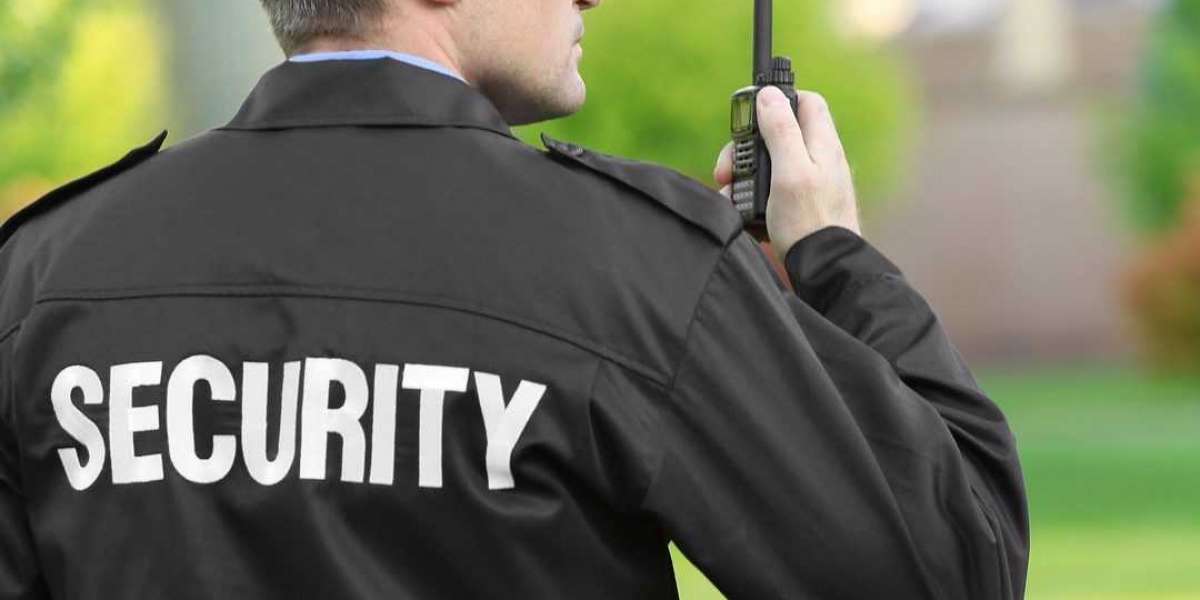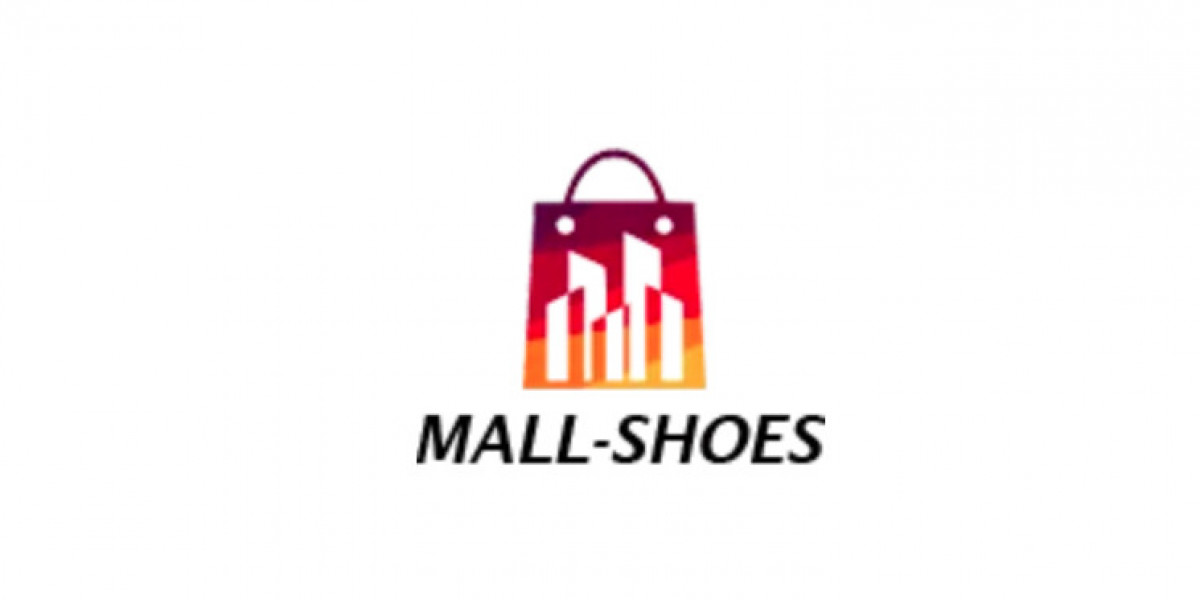Your clients place a great deal of trust in you when hiring your company to protect their businesses and property. In addition to the extensive vetting of your employees through background checks and thorough training, your contracts with your clients clearly outline your scope of responsibilities and any warranties and/or guarantees you offer. However, mistakes and accidents still happen to the best companies. An insurance agency and its policies can help defend you and your business in those situations.
Commercial General Liability Insurance
This covers third-party claims for bodily injury and property damage. Personal injury claims such as libel and slander are relevant in the security business. This coverage helps pay the cost to defend you against such claims. For many businesses, this is typically your slip-and-fall type of exposure. A security business has much greater exposure and risk in this area while on its customers’ property.
Professional Liability
Professional Liability insurance coverage for security businesses is similar to malpractice insurance for doctors. This has to do with the employees’ professional judgment, and a mistake in judgment can have significant financial impacts upon their clients. These types of claims are typically not covered by a general liability policy. This is especially important if you provide professional security advice or consulting services to your clients.
Professional Liability Claims - Types
If a security guard wrongfully detains someone, and that individual has not been injured, this coverage is needed since the general liability coverage only responds to an injury. Failing to apprehend a trespasser or aggressor can also lead to a claim since the professional failed to fulfill their professional obligation to do the security work properly.
Damage to Client’s Property
If your security guard falls asleep on the job or allows a thief disguised as an approved vendor to enter your client’s place of business, resulting in property theft, this coverage would be necessary to defend you. This assumes you operated in line with best practices and took all actions to prevent unlawful entry.
Assault Battery
If your business has foot patrol officers, and they fail to adhere to their scheduled routes, you could be faced with a claim should someone be assaulted during the time your guard was supposed to have been protecting them by patrolling that area of the premises.
Workers Compensation
This coverage is to protect your employees if injured while on the job. In Washington State, Work Comp is purchased through the Department of Labor and Industry. Stop Gap coverage should be considered in addition to the Work Comp policy, if in Washington State.
Employment Practices Liability Insurance
If your business or non-profit organization has employees, you should consider EPLI coverage, regardless of the size of your business. This insurance can protect your business against claims made by past, present, or prospective employees. It may also protect your business from customers, clients, and vendors if you include third party coverage.







